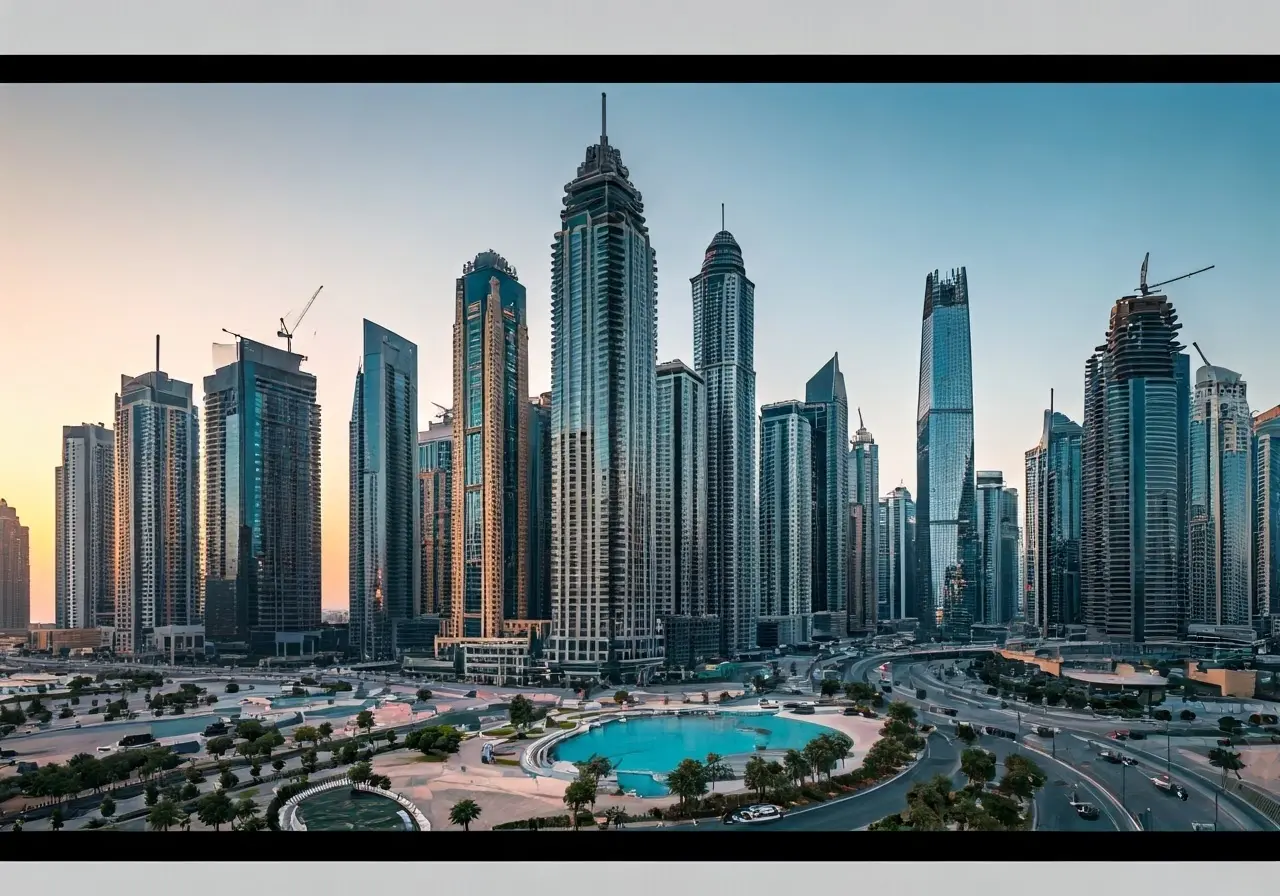9 Key Factors to Consider Before Investing in Dubai Properties
Investing in real estate, especially in a city as vibrant as Dubai, can be an exciting and rewarding endeavor. Whether you’re a seasoned investor or a first-time buyer, understanding the factors that can influence your investment is crucial. In this blog, we’ll take you through the key considerations to keep in mind when planning to invest in Dubai’s property market.
1. Understanding Dubai’s Real Estate Market
Before diving into property investment in Dubai, it’s essential to gain a comprehensive understanding of the market. Dubai’s real estate sector is known for its rapid growth and dynamic changes. According to House Finder, understanding these fluctuations and staying updated on market trends is crucial. You’ll also want to familiarize yourself with property laws and economic factors that can impact the value of your investment in this ever-evolving city.
Another important aspect to consider is the city’s ambitious urban development plans. Projects like the Dubai 2040 Urban Master Plan aim to enhance sustainability and improve living standards, which could positively affect property demand in the future. Understanding such initiatives might give you a glimpse into the direction in which the city’s real estate market is heading.
2. Location is Key
In real estate, location is paramount. Consider the areas in Dubai known for high rental yields and property appreciation. Popular locations such as Downtown Dubai, Dubai Marina, and Palm Jumeirah are often ideal. However, it’s worth looking into emerging neighborhoods too. As noted by House Finder, these spots might offer better investment opportunities as they develop.
When choosing a location, proximity to essential amenities should be a priority. Schools, shopping centers, hospitals, and public transportation not only enhance the living experience for potential tenants but also increase the property’s attractiveness. Understanding the local infrastructure and future development plans in the area can provide insights into your property’s long-term potential.
3. Legal Framework and Regulations
Understanding the legal framework governing real estate in Dubai is vital for any investor. Familiarize yourself with property laws, ownership rights for expatriates, and visa implications to ensure a smooth investment process. House Finder suggests acquiring knowledge of regulatory conditions, which will not only safeguard your investment but also help in planning strategically.
Expat investors should particularly be aware of the differences between freehold and leasehold properties. Freehold properties offer full ownership rights, while leasehold properties have restrictions on how they can be used. Make sure the property type aligns with your long-term goals before making a commitment.
4. Financing Options
Evaluate the financing options available to you when investing in Dubai properties. As per insights from House Finder, mortgages, loans, and funding from banks and financial institutions can play a crucial role in your investment strategy. Compare interest rates, terms, and conditions to find the best fit for your financial situation, and explore local banks and international lenders for competitive options.
Besides traditional banks, some real estate developers in Dubai also offer attractive payment plans for off-plan properties. These flexible options can ease financial pressure and might be particularly beneficial if you are interested in long-term investment projects.
5. Rental Yields and Return on Investment
Investors are typically looking for strong rental yields and a good return on investment. According to House Finder, researching the rental market helps you understand potential income, vacancy rates, and typical lease conditions in the area you’re interested in investing. It’s important to keep an eye on market rent yields, tenant preferences, and specific laws related to rental properties in Dubai.
A well-chosen property should not only promise high rental yields but also show potential for capital appreciation. Considering the area’s long-term growth prospects will ensure that the investment remains lucrative over time.
6. Construction Quality and Developer Reputation
The quality of construction and the developer’s reputation should not be overlooked. Research past projects of developers and explore insights from House Finder, which suggests inspecting quality standards to ensure the property is built to last. A well-constructed property will require less maintenance and retain its market value for longer.
Examining the developer’s track record not only provides confidence in construction quality but also assures timely completion of projects. This is particularly important if you’re considering investing in off-plan properties.
7. Economic and Tourism Trends
Dubai’s economy and tourism significantly impact its property market. Stay informed about trends in these sectors, as highlighted by House Finder, to understand their influence on property demand and prices. Major global events, such as World Expo 2020, along with policy shifts in tourism can create lucrative opportunities for investors, enhancing both rental and resale prospects.
Investors should also factor in economic indicators like GDP growth, employment rates, and inflation, which can directly affect consumer purchasing power and, subsequently, property investments.
8. Long-term Growth Potential
Assess the long-term growth potential of the property and the surrounding area. Paying attention to House Finder’s insights on infrastructure developments, future urban planning, and possible economic shifts can all affect the long-term value of your investment. These factors significantly contribute to a community’s appeal and, therefore, the property’s appreciation potential.
Long-term vision with real estate investment can yield substantial returns, but it demands an understanding of regional shifts, such as changes in industry hubs or demographic trends that could alter housing demands.
9. Weighing Risks and Rewards
Every investment comes with inherent risks and rewards. House Finder advises evaluating these risks carefully by considering market volatility, geopolitical factors, and your own financial goals. Diversifying your investment portfolio can also help manage risks effectively, smoothing out potential downturns in specific segments.
Ultimately, balancing risk and reward involves a keen understanding of market dynamics, coupled with personal financial prudence and realistic growth expectations. This holistic approach can safeguard your financial interests while enabling meaningful gains.

